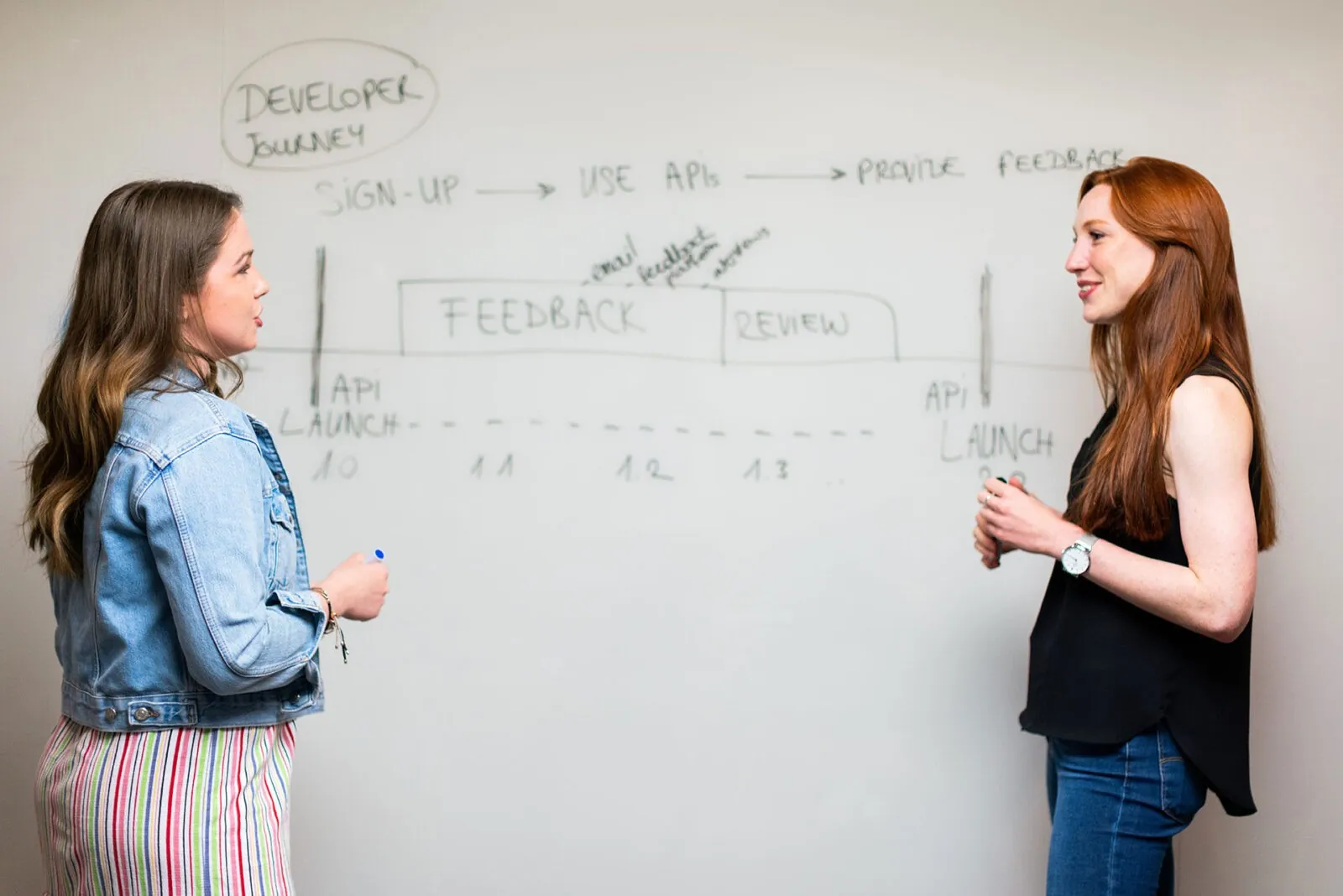As an international student, you are responsible for your legal status. And so, you have to take due diligence in doing all the research you need as you go through this process. You’ve got to have a good foundation when you step foot in the United States and be sure to maintain legal status.
Rolando Villalobos, former Director for the Bechtel International Center of Student Affairs at Stanford University, shares some insights into how international students can navigate this immigration landscape.
Knowing the Rules
- The DSO (Designated School Official) should be the primary source of information for you. Always attend the orientation to the International Center or the international office provided for you. Attend the orientation given by your department.
- Stay enrolled. If you’re an undergrad, you’ve got to be enrolled in 12 units, at least. Grad students need to be enrolled in eight units unless your school says you can be enrolled in less. Your life revolves around being a student, not an entrepreneur.
What is the STEM extension?
- The STEM extension is an additional 24 months of legal status that’s still under Optional Practical Training. You’re still an F-1 student, even though you’ve graduated. The umbilical cord is still there to the school and so the ties have not been severed. You are connected to school for 24 months. You have obligations.
How to Qualify for the STEM OPT
- To qualify, you must be on a period of post-OPT. If not, that means your Employment Authorization Document (EAD) expired. You just kissed away your two years STEM extension under the STEM OPT extension.
- You must hold a STEM-eligible degree (in the field of science, technology, engineering and mathematics)
- You’ve got to demonstrate that the job is directly related to your STEM field. And you must be employed for at least 20 hours a week.
- Do not leave the U.S. unless you have the physical EAD card, which is the end product of applying for OPT.
Other Things to Consider
- If you’re self-employed, document the number of hours per week that you are working.
- Be very careful how much OPT you used prior to graduation. You cannot use CPT (Curricular Practical Training) for self-employment. So if you’ve created a company before you graduate, you’re doing or using pre-completion employment prior to graduation.
- Always have at least four months of post OPT in case it takes several months to approve.
- Always work with authorization. Do not work without authorization because that will come back to haunt you. You could be deported, fined and denied entry to the United States forever if you work without authorization.
If you want to learn more about F-1 students and entrepreneurship with Rolando Villalobos, check out https://www.alcorn.law/podcast/ilt144




